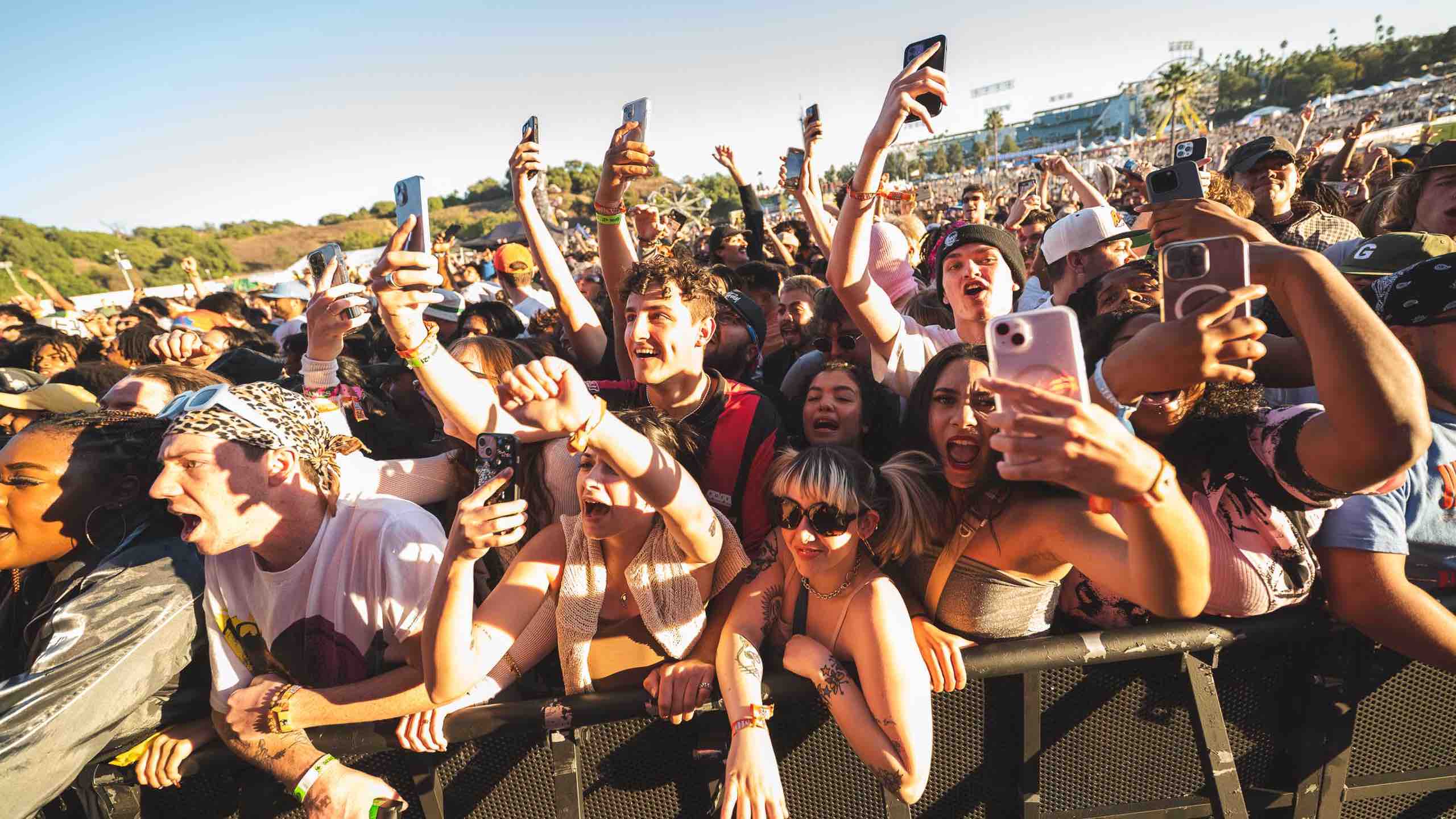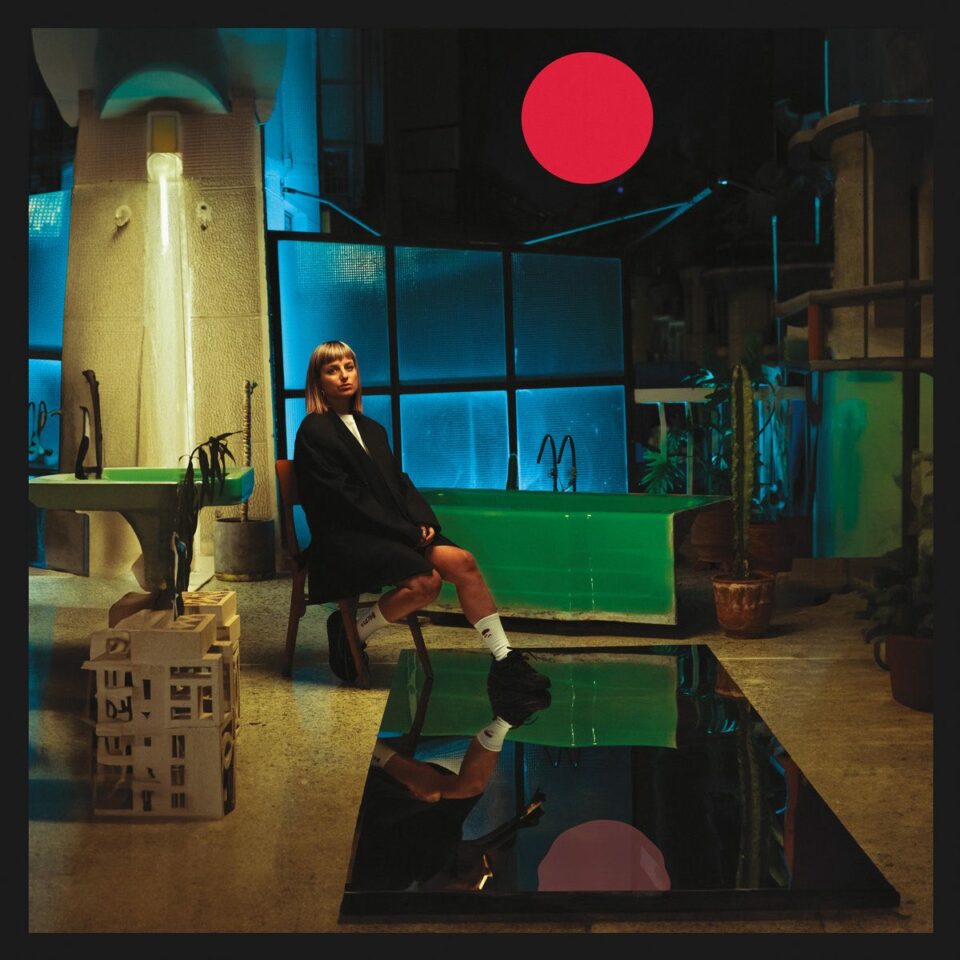In late 2000, as the so-called Golden Age of hip-hop was coming to a close, activist and former Black Liberation Army member Assata Shakur sat for an interview with sociologist Christian Parenti. She covered a variety of topics, ranging from her life in Cuba to her idea of what it means to be a revolutionary. In one of the most interesting moments in the conversation, Shakur was asked what effect she thought rap music had on the movement for social justice. “Hip-hop can be a very powerful weapon to help expand young people’s political and social consciousness,” she responded, “but just as with any weapon, if you don’t know how to use it, if you don’t know where to point it, or what you’re using it for, you can end up shooting yourself in the foot or killing your sisters or brothers.”
It’s been five decades since the world was forever changed by the birth of hip-hop, and in that time Shakur's every word has come to fruition. Seeing positive growth in many ways, and horrifically mutating in others, the genre started with honest revolutionary potential. The lyrics of Public Enemy, N.W.A, and Dead Prez exuded what felt like true power, and it was obvious that hip-hop had the potential to truly capture the popular imagination.
However, the development of the genre since that time calls this potential into question. Sugarhill Gang’s “Rappers Delight,” rap’s first true hit, was a ploy from a record executive that marked the beginning of a long and unfortunate history of unpaid Black performers. This opened the floodgates for a series of questions we should continue to be asking: Who is actually wielding the weapon that is hip-hop? Is it fair to put the political hopes and dreams of an entire population on the back of its artists? Is hip-hop still capable of being the instrument for the social change we believed it could be in its inception, or has it always been a capitalist project whose currency is the collective trauma of its captive Black audience?
To answer these questions I’ll turn to a man who I feel exemplifies many of the contradictions that have plagued hip-hop in its 50 years: JAY-Z. In 2011, he and Kanye West collaborated on the song “Murder to Excellence” from their joint album Watch the Throne. The song is most remembered for the controversy surrounding Hova’s bar “I arrived on the day Fred Hampton died / Uh, real niggas just multiply,” referencing being born on the day Black Panther chairman Hampton Sr. was assassinated. Jay has since used this fact to establish a link between himself and radical political leaders of the past.
JAY-Z is correct to see both the death of Hampton and his own birth as a watershed moment in Black consciousness, but not in the way he thinks. In making this comparison, JAY-Z likens himself to revolutionary political figures, saying a lot about how he views Black political icons in the process. He’d like to see himself among these ranks for all of the good he’s done for Black people as a whole. The problem arises in his attempts to conflate his moments of charity with the actual community organizing done by those he compares himself to. The distinction boils down to the fact that JAY-Z is a capitalist. Regardless of whether he feels that phrase is a slur or not, it’s the truth. That truth is a clear demarcation between JAY-Z and the political figures he continuously namedrops on his records, a sentiment that by and large extends to the genre of hip-hop more broadly.
Hip-hop became disconnected from the radical politics that the genre evolved from and could only mimic a deeper understanding of revolutionary political concepts.
A curious phenomenon has taken place as hip-hop has veered ever more in the direction of reactionary political content. Examining the legacies of Fred Hampton, Malcolm X, or even Martin Luther King reveals a sinister pattern following their assassinations. Each became martyrs, but were completely stripped of their socialist beliefs to fit more conservative and capitalistic sensibilities. These men became symbols of nebulous and digestible ideas of Blackness and Black masculinity that could be easily co-opted by forces that have none of the best interest or revolutionary fervor that they provided in life. Without actual political leaders, young Black people (and, by extension, hip-hop) became disconnected from the radical politics that the genre evolved from and could only mimic a deeper understanding of revolutionary political concepts.
This led to many Black people growing up in the shadow of the political tensions of the ’60s and ’70s, but without any of the political education of those times and even less class consciousness. The aesthetics of revolution were popular to wear, and even more popular to sell. It was in this cauldron of Red Scare propaganda and worsening conditions for Black people around the country that we see the creation of hip-hop’s original contradiction. Having been present since the beginning, it’s infused itself with the very DNA of the genre. When you live in conditions that are not only dire, but take a physical and mental toll on your well-being due to your lack of access to money, it’s no wonder that for many, money is their first conquest. The revolutionary essence of hip-hop was always going to be on a collision course with the material needs of the people who created it. In the words of Tupac, “How can I come to any [impoverished] community sporting a Rolex […] saying ‘we’?”
While JAY-Z raps that he's “complex” like “Che Guevara with bling,” the complexity mentioned reads more as an ability to be able to stand on nothing and for everything all at once under the guise of “pro-Blackness.” This faux radicalism replaced actual political momentum and left the genre in a haze of commercialism and excess. This is a problem which extends even to older rappers like Killer Mike spewing capitalistic nonsense disguised in the language of revolution, and encompasses newcomers like Lil Baby making one milquetoast song with political messaging and proclaiming that he “did not want to be the next Malcolm X.” The genre has become a faux revolution inside of the capitalist framework that provides good shelter for capitalists to cash in and count their profits.
The genre has become a faux revolution inside of the capitalist framework that provides good shelter for capitalists to cash in and count their profits.
But despite this critique of hip-hop, it's important to remember that all of the worst aspects of the genre—the materialism and the misogyny—are not creations of the genre, but merely reflections of the values of the country of its origin. This doesn’t excuse these parts of the genre—in fact, to me it’s the exact opposite. If hip-hop is to ever truly have the political resonance to match its legendary influence, it must embrace its collectivist roots. Hip-hop is still a genre that was born out of community. This simple fact alone has always been the source of its political and revolutionary potential. Regardless of the commodification of the word “culture” by Black elites in recent years, this has always been the case.
This theme of community was present at hip-hop’s founding, but has largely failed to produce the desired results due to the numerous pitfalls and trapping of American culture writ large. Real change can’t happen until rap as a whole realizes the stories that are told on these records of joy, trauma, and love are all communal experiences that resonate with Black people around the world because of the structural barriers we are all faced with. We take for granted our ability to experience these things together.
Being the genre of the people has opened hip-hop up to many changes, and may have made it easier to commodify, but its ability to adapt also suggests it could rid itself of its worst aspects. It won’t do it alone—it’ll require direct action and a new politically minded understanding of ourselves as Black people. I truly believe hip-hop stands as the inheritance of each generation of Black youth. We are the community that’s helped hip-hop thrive, and our ability to cooperate will determine how far the genre pushes into the future. FL









